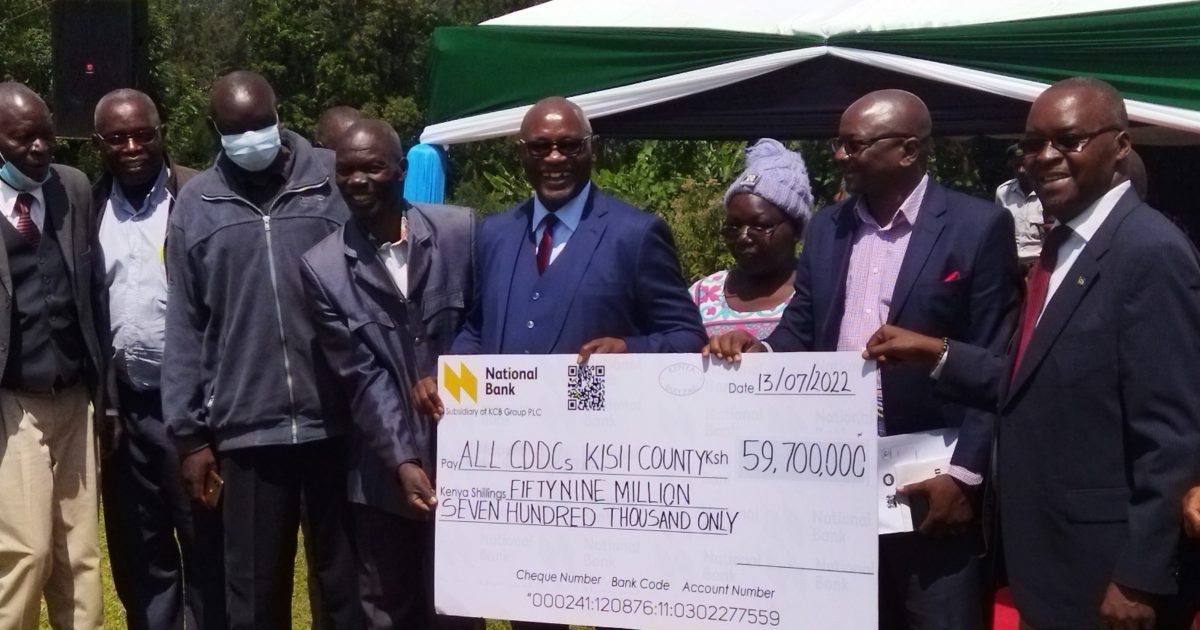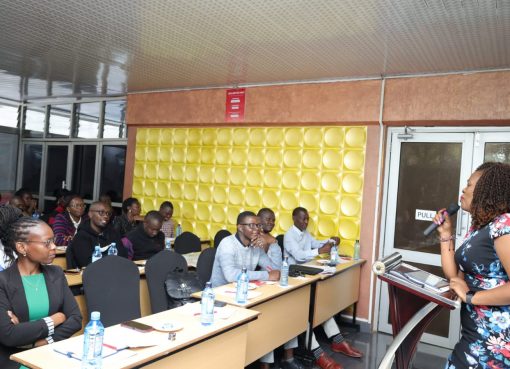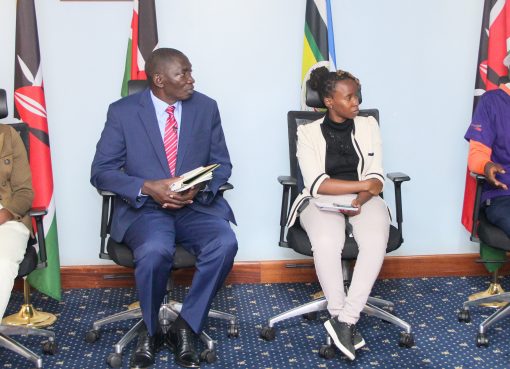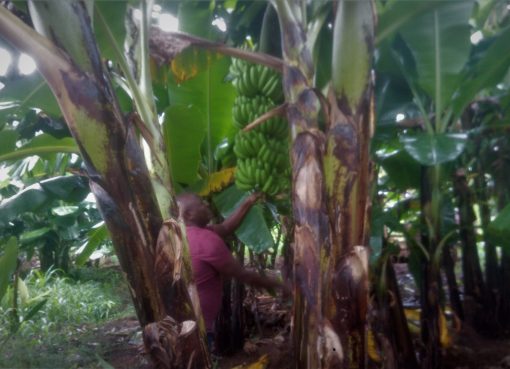A total of 215 groups of smallholder farmers in Kisii received Sh59 million from the Kisii County government in partnership with the National Agricultural and Rural Inclusive Growth Project (NARIGP).
Speaking during the issuing of the funds at the Kisii Agricultural Training Center on the outskirts of Kisii town, Kisii Governor James Ongwae said the project, which is funded by World Bank, will benefit smallholder farmers in the value chains of banana, dairy cow (milk), chicken, and local vegetables.
“I am happy to announce that to date, my administration and NARIGP have cumulatively funded a total of 816 common interest groups with amounts adding up to Sh261,524,484,” he said.
The NARIGP project is being implemented in 21 counties including Kisii and aims at increasing productivity and profitability of rural targeted communities, and in the event of an eligible crisis provide effective response.
The Governor expressed his gratitude to the World Bank for strengthening community-level institutions by identifying and implementing investments that improve their agricultural productivity, food security, and nutritional status.
Ongwae added that the county has also been selected as a beneficiary of the newly proposed National Agricultural Value Chain Development project by the World Bank and farmers are expected to receive another Sh.60 million by September this year.
The governor urged the farmers to continue embracing the four value chains of the project including banana, dairy cow (milk), chicken, and local vegetables in order to earn additional income from their produce.
He noted that his government had supported farmers with different agricultural projects including the construction of Magena and Marani fresh vegetable markets and urged the political class to refrain from politicizing such development projects.
The County Chief Officer for Agriculture, Johnson Mogire noted the funds will be utilized to address the gaps that smallholder farmers have faced over the years.
He urged the farmers to liaise with the social accountability and integrity committees at the community level in case of any grievances related to the NARIGP project.
“We have a well-based solution where you can put in your concerns and you are actually answered. We are very happy for the support the county government and NARIGP has offered us,” said Mogire.
So far, the project has built the capacity of agricultural experts such as the agricultural extension officers who are in charge of the overall NARIGP extension services within the supported wards.
Also, the project has enrolled community-based facilitators in each of the supported wards to facilitate learning for farmers and acquire knowledge on how to improve their livelihoods through practicing smart farming.
Further, the project has recruited value chain based service providers to capacity build the smallholder farmers from various value chains on technologies, innovations, and management practices that will help them in increasing productivity and profitability.
By Mercy Osongo





